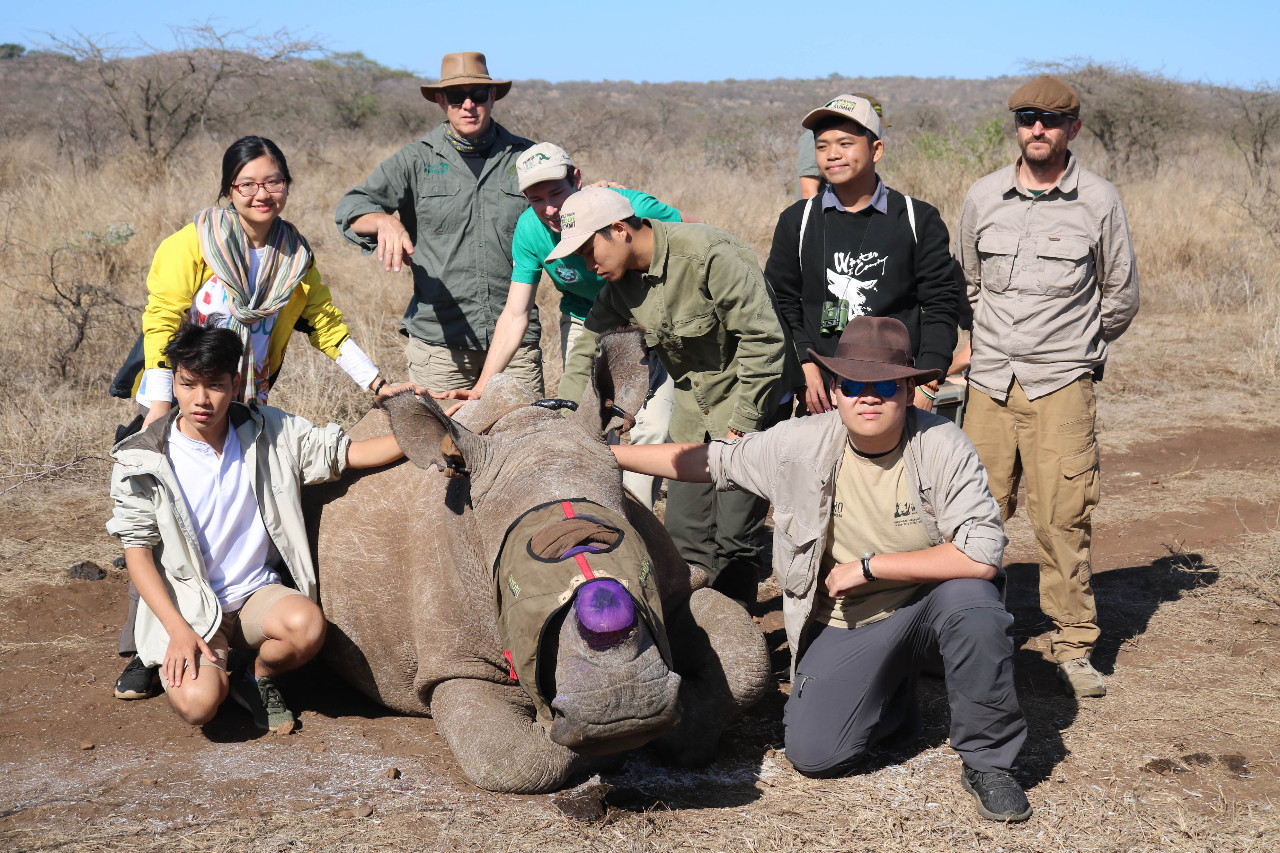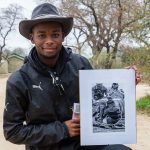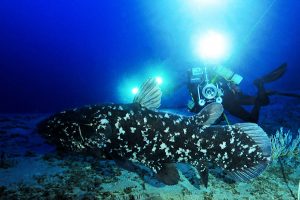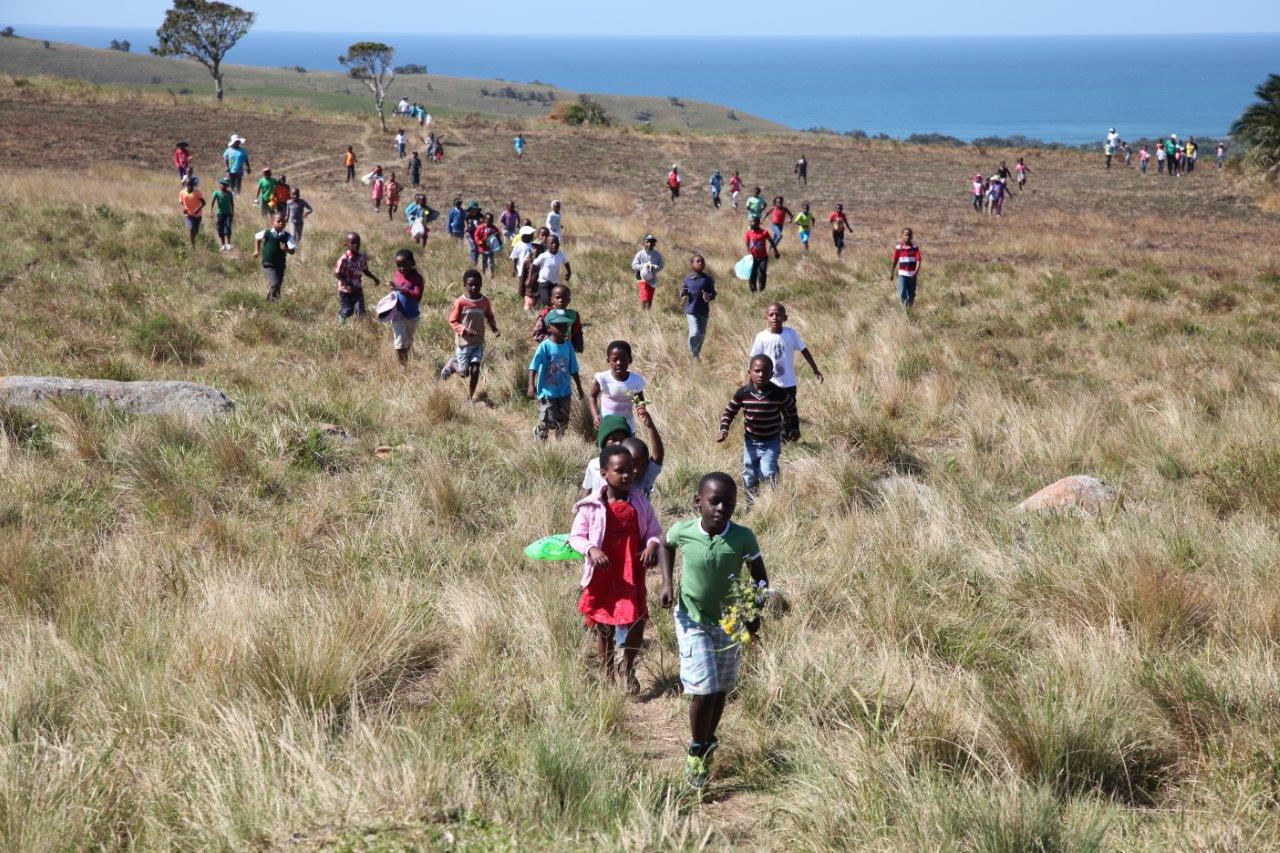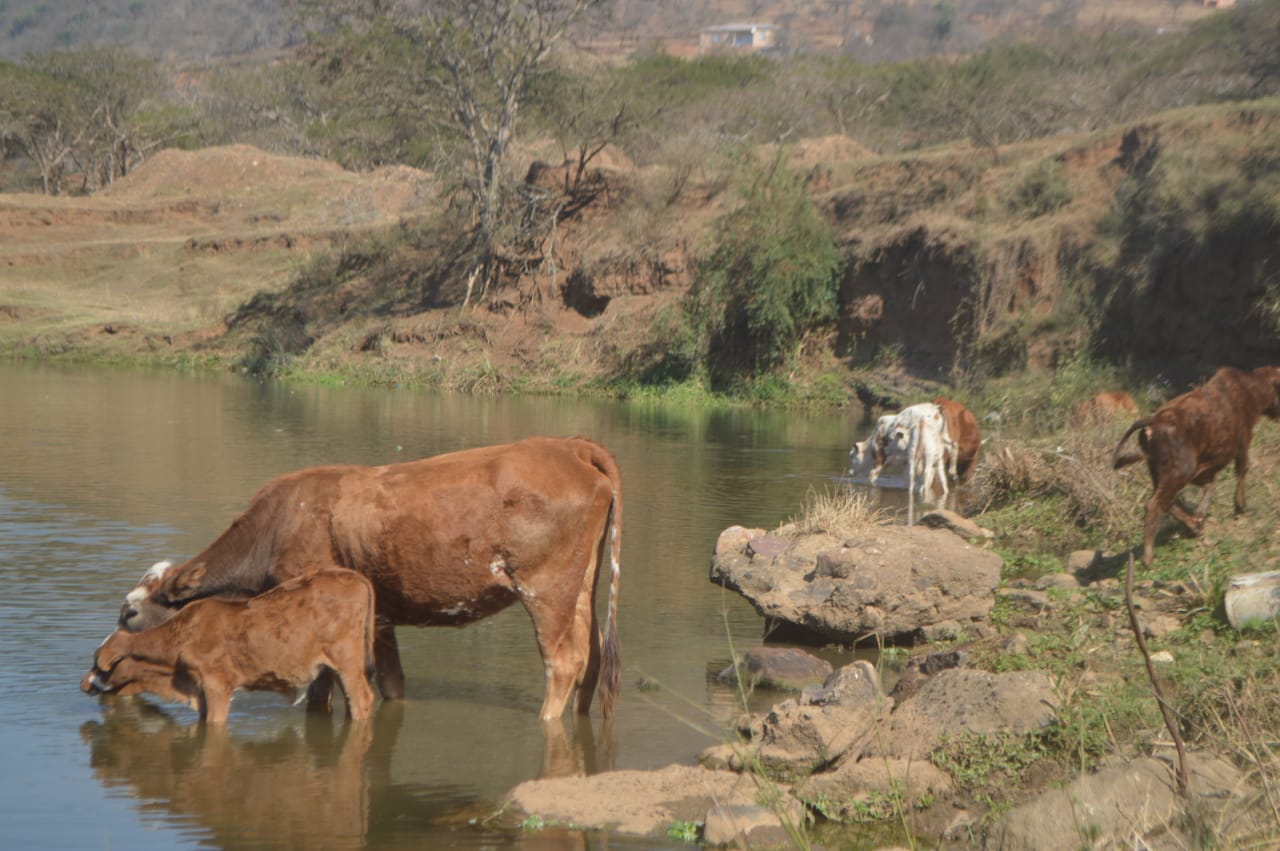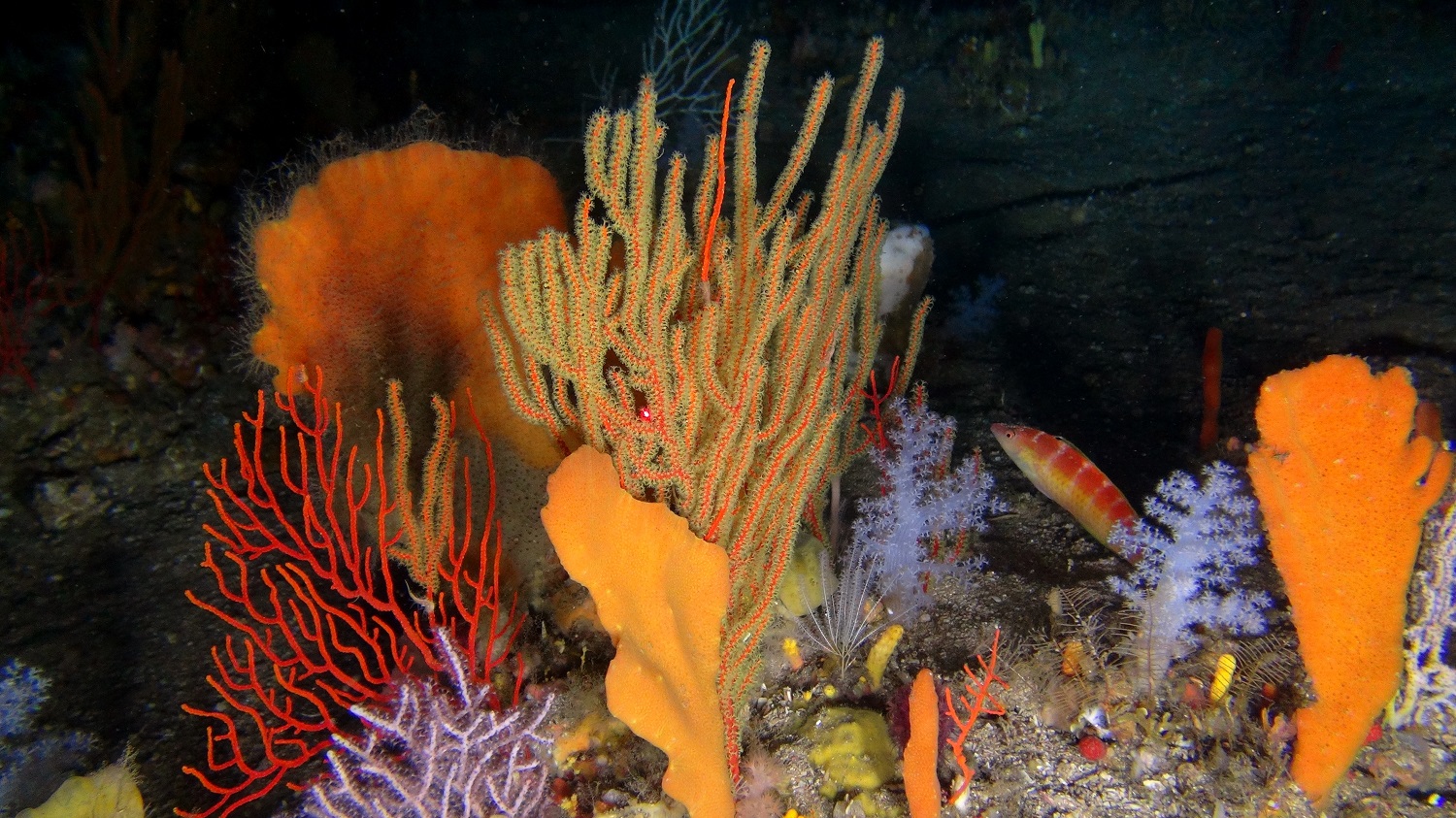Catch them while they are young, seems to be the thinking behind bringing a group of Vietnamese twentysomethings to the World Youth Wildlife Summit in South Africa.
Vietnam is a major market for poached rhino horn, much of it from South Africa, which is home to an estimated two-thirds of the world’s surviving rhino.
Dinh Thi Thuy Nga (24), Do Quang Thien (20), Le Anh Tu (21), Nguyen Son Tra (21) and Truong Quoc Van (23) attended the 21 to 24 September event in Limpopo province and later witnessed a rhino dehorning exercise in KwaZulu-Natal.
The five also visited the Zululand Anti-Poaching Wing and K9 Unit, and joined a trail with a renowned guide.
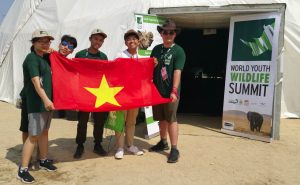
Some 225 delegates, including youngsters, educators, community leaders, conservation experts and speakers gathered at the Southern African Wildlife College near Hoedspruit for the summit.
There they thrashed out topics such as responsible use of wildlife resources, demand reduction, poverty and poaching, habitat loss, and education.
Also on the bill was Stroop: Journey into the Rhino Horn War.
Hard-hitting
The hard-hitting documentary touched a nerve with some of the young Vienamese as it showed how their countryman were mixed up in the illegal trade and consumption of horn.
“This is such a big system [wildlife crime] that’s already in place, how I’m going to fight something like that?” said Van after the screening.
The Ho Chi Minh City native gave an emotionally-charged speech, expressing a deep shame for the Vietnamese involvement.
However, the documentary also showed courageous Asians, including a Vietnamese conservationist, who do undercover work alongside the South African authorities in the fight against the illegal trade.
Van continued to answer his own question emphatically, referring to meeting fellow delegates and engaging with the summit speakers. “I want to be more courageous and you have helped me do that,” he said.
Competition
The five had been selected to attend the summit after winning a competition organised by non-governmental organisation WildAct Vietnam and funded by USAID’s VukaNow, which supported efforts to combat wildlife crime in Southern Africa.
The Chargé de Affaires for the US Embassy in South Africa, David Young, reiterated Van’s point in his World Rhino Day speech at the summit, saying, “You are not alone in this great task. Look around you. You are surrounded by an amazing body of experienced experts, and fellow young conservation leaders. There is a wealth of knowledge and tools to help you.”
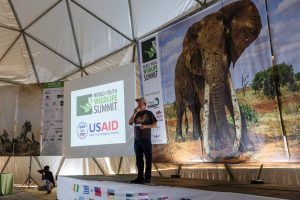
After the summit, the Vietnamese delegation spent a week learning more about wildlife, specifically rhino and the poaching epidemic.
They also engaged with South African communities, learning about different cultures.
Their excursion began at Bongani Mountain Lodge near southern Kruger before they headed for Zululand.
Tragedy
Speaking to the staff at the lodge, the group realised the decimation of wildlife was not only an ecological tragedy but put jobs, families and communities in jeopardy.
A walking trail in Hluhluwe-iMfolozi Game Reserve was arranged with Nunu Jobe, who is known as the Barefoot Ranger and is an experienced trails ranger and director of Isibindi Africa Trails.
Jobe highlighted the beauty of the wilderness and the importance of conservation to visitors and surrounding communities and shared his story: he was once a bushmeat poacher but was now a passionate conservationist.
Reflecting on the walk, Tu from Hanoi, said, “Nunu’s story of the transition from a poacher to a ranger was so moving and thought-provoking…we got to witness his trying to connect humans with nature in an effort of reminding humans of their roots.”
Wildlife conservation student Son Tra said, “I had a chance to see the animals I’m trying to protect in the wild and that gives me more motivation to continue my conservation work. Furthermore, walking with Nunu and listening to his story makes me believe that we can change the local community.”
Dehorning
After getting close to wild rhinos, with their horns intact, the group participated in a rhino-dehorning exercise on a private Zululand reserve.
Son Tra said the dehorning process pushed him to question the best ways to protect the species as dehorning was a costly, ongoing procedure.
Nga, from Danang in central Vietnam, was also moved by the experience.
“Although there can be seen a failure of wildlife protection in dehorning rhinos instead of keeping them freely in nature, I appreciate the effort of the private reserve in doing their best to prevent rhinos from poachers.”
A visit to Project Rhino’s Zululand Anti-Poaching Wing and the K9 Unit, based in Hluhluwe, gave the group a further insight into the strategies employed by reserves to protect their wildlife – and the immense cost.
Thien, Van and Tu, who all work in or are studying marketing, communications and business, soon realised that these industries were valuable to the conservation sector.
Passionate
Van, a passionate videographer and photographer, has already committed to making a short video about his trip here.
Thien, a student at the National Economics University in Hanoi, said, “At the circle of sharing today, I absorbed many interesting ideas from everyone, and actually thought that with my marketing and business knowledge, I can somehow make an impact on the behaviour of rhino horns consumers in the future… and I hope it will be, because we are running out of time here.”
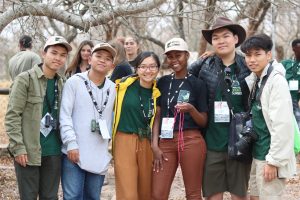
Tu added that conservation messages need to be in a language that resonates with the local people – whether in Africa or Asia.
He believed saving the rhino, and other wildlife, relied on relaying the human stories and tragedies behind this crisis – stories that may resonate more with Asian communities.
Nga’s wanted to focus her efforts on education and awareness. “Greed in human beings cannot be completely removed until their heart has been naturally convinced. I personally don’t want to threaten, scare, or show anger when [I] request people [join in the] efforts of wildlife conservation,” she said.
Inspiring
The summit was organised by Project Rhino, African Conservation Trust and the Kingsley Holgate Foundation, with the aim of inspiring young people to become ambassadors for conservation and to help reduce wildlife crime.
Donors included the South African National Parks, Peace Parks Foundation and Tourism South Africa.
Project Rhino received individual pledges from the group and will continue to build the relationship, provide mentorship and support their actions in their communities back home.
Francois du Toit, summit director and African Conservation Trust chief executive, said, “Our overriding aim is to provide the youth delegates with the knowledge and tools they need to become influencers and wildlife ambassadors in their home countries and communities, and take the lead in speaking out on behalf of endangered species and habitats that are in serious threat of extinction in their lifetime.” – Roving Reporters
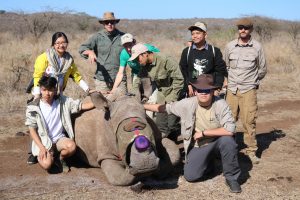
Also read . . . Wildlife summit targets young
And SA teen wins international photographic award

